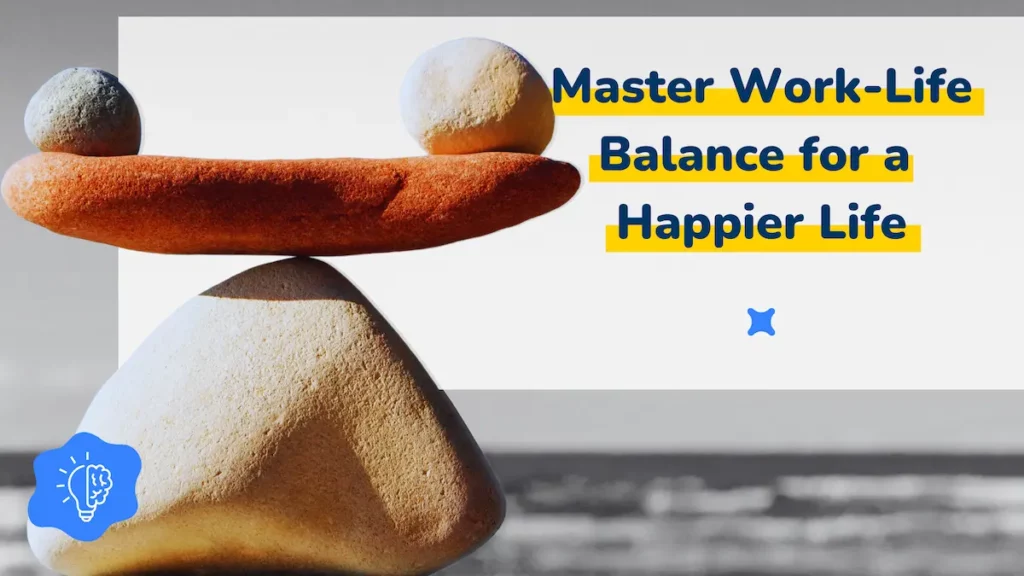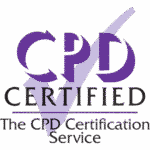Understanding Work-Life Balance
Definition and Importance
Work-life balance is all about managing the time and energy you devote to your job versus your personal life. When balanced well, you can enjoy life outside of work without compromising your professional duties.
A good work-life balance allows individuals to fulfil their work responsibilities while also having time for personal activities and rest. It involves setting boundaries, prioritising tasks, and effectively managing time to ensure that work does not encroach on personal life and vice versa.
Benefits
Balancing work and life brings a host of benefits.
Improved Mental Health: Less stress and anxiety mean better mental health overall.
Increased Productivity: Being more focused and efficient during work hours.
Enhanced Relationships: More quality time with loved ones.
Greater Job Satisfaction: Higher levels of motivation and satisfaction at work.
Better Physical Health: More time for exercise and hobbies promotes a healthier lifestyle.
Strategies for Achieving Work-Life Balance
1. Set Clear Boundaries
Draw firm lines between work and personal life. Not only is it good to set specific work hours, but it is ideal to also create a dedicated workspace, and communicate your schedule to both colleagues and family. By setting clear boundaries, you can prevent work from spilling over into your personal time, ensuring that you have time to relax and recharge.
2. Become Very Productive
Use tools like Trello or monday.com to prioritise tasks. Focus on high-impact activities and either delegate or delay less critical ones. Prioritising tasks helps you manage your workload more effectively, ensuring that you spend your time on the most important activities. Connected to this, efficient time management is crucial. Techniques like the Pomodoro Technique, time blocking, and setting SMART goals can help manage your time better. These methods enable you to break your day into manageable chunks, making it easier to stay focused and productive.
3. Take Regular Breaks
Short breaks during work can reduce stress and boost productivity. A quick walk, some stretching, or mindfulness exercises can be very beneficial. Regular breaks help prevent burnout and maintain high levels of concentration and efficiency. Breaks are not a waste of time when they are done properly!
4. Learn to Say No
It’s essential to know your limits and avoid overcommitting. Learning how to say “No” to additional tasks protects your schedule and well-being. By learning to say no, you can maintain a manageable workload and avoid unnecessary stress.
5. Have an end-of-work ritual
Developing a ritual to send a clear message to your mind that your work day is over will make a huge impact. This can be as simple as ticking off tasks from your list, minimising your tabs or switching off your laptop. It’s the intention that makes a difference.
6. Check your beliefs
Beliefs such as “I have to work hard in order to deserve success”, “I need to work harder than anyone else” or “I don’t have time to have a break” will compromise your work-life balance. When you identify such beliefs, ask yourself “Is there any other option?”, “Would it be possible to achieve success also without overworking?”. This will help your mind to start focusing on finding answers to these questions and new solutions to succeed in a more sustainable way.
Regularly Review and Adjust
Regularly assess your work-life balance and adjust as needed. Life is dynamic, and flexibility is key to maintaining balance. Periodic reviews help you stay on track and make necessary adjustments to ensure ongoing balance.
The Role of Employers in Promoting Work-Life Balance
Flexible Working Hours and Remote Work
Employers can significantly support work-life balance by offering flexible working hours or remote work options. Flexible schedules allow employees to work at times that best suit their personal lives, leading to increased job satisfaction and productivity. Flexible working hours in turn leads to enhanced employee productivity and higher profitability for the organisation.
Health and Wellness Programs
Providing health and wellness programs shows that employers care about their employees’ well-being. These programs can include gym memberships, mental health resources, and wellness workshops, all of which contribute to a healthier and more balanced lifestyle.
Professional Development Opportunities
Supporting professional development helps employees manage their careers effectively. By offering training programs, mentorship, and career advancement opportunities, employers can help employees grow professionally without sacrificing their personal lives.
Supportive Work Environment
A positive and supportive work environment is crucial for promoting work-life balance. Employers should foster a culture of respect, support, and open communication, ensuring that employees feel valued and understood.
Leveraging inGeniusly for Work-Life Balance
Understanding Your Unique Cognitive Profile
inGeniusly helps you navigate the challenges of work-life balance by analysing your unique cognitive profile through a comprehensive cognitive assessment. By understanding your strengths, weaknesses, and preferences, inGeniusly provides insights into how you can manage your time and tasks more effectively.
Tailoring Techniques to Your Needs
Based on your cognitive profile, inGeniusly tailors strategies to match your unique needs and goals. Whether you need help with time management, setting boundaries, or prioritising tasks, inGeniusly offers personalised recommendations that align with your lifestyle and work demands.
Simplifying and Creating Order
inGeniusly simplifies the process of achieving work-life balance by organising and structuring your tasks and goals. This training course helps you create order out of chaos, ensuring that you can focus on what matters most and maintain a healthy balance between work and personal life.
Skill Development for Efficiency
inGeniusly runs targeted training courses that help you develop the skills needed to improve your efficiency at work and maintain a better work-life balance. These courses are designed to enhance your cognitive abilities, time management skills, and overall productivity, ensuring that you can achieve a harmonious balance between your professional and personal life.
Collaboration is key
Achieving a good work-life balance is crucial for both personal well-being and professional success. By setting boundaries, prioritising tasks, managing time effectively, taking breaks, using technology wisely, saying no when necessary, scheduling personal time, seeking support, and regularly reviewing your balance, you can lead a more harmonious and fulfilling life.
Employers also play a vital role by offering flexible working options, health and wellness programs, opportunities for professional growth, and a supportive workplace culture. Together, these strategies help individuals and organisations thrive, paving the way for a balanced and successful life.







